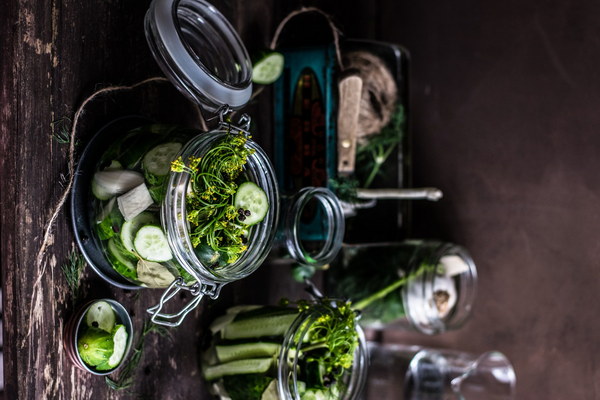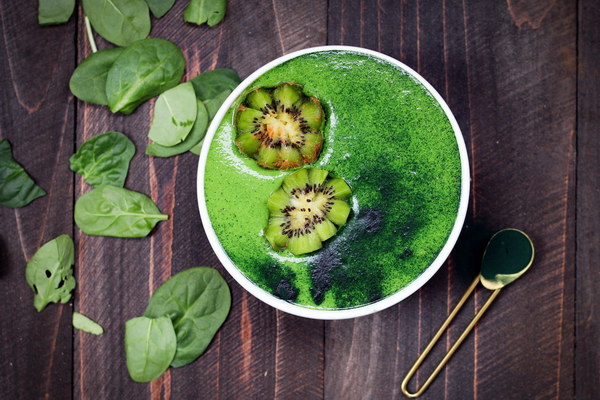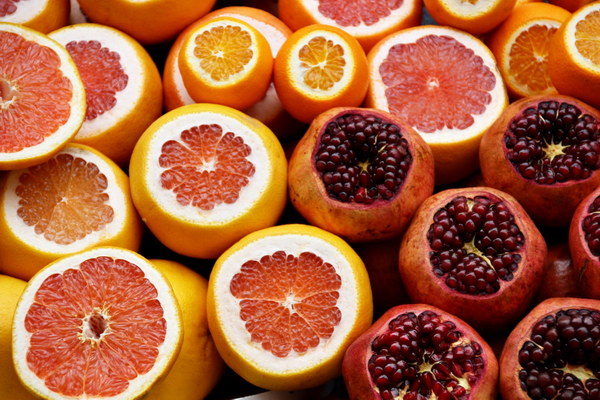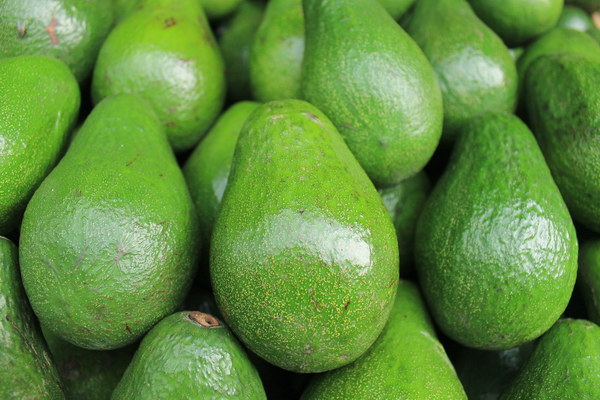Winter Detox Discover the Best Vegetables to Eliminate Toxins and Dampness
Winter is a season characterized by its cold and damp climate, which can lead to an accumulation of toxins and dampness in the body. To maintain good health and vitality during this season, it is essential to include certain vegetables in your diet that can help detoxify and eliminate dampness. In this article, we will explore the best vegetables to consume during winter for a healthier and more balanced body.
1. Garlic
Garlic is a powerful detoxifier and is known for its ability to ward off infections and eliminate toxins from the body. It is rich in allicin, a compound that has antiviral, antibacterial, and anti-inflammatory properties. Garlic can be added to soups, stews, and stir-fries to enhance flavor and promote detoxification.
2. Onions
Onions are another excellent vegetable for detoxifying and removing dampness. They are high in sulfur, which helps in the elimination of waste products and toxins from the body. Onions can be included in various dishes such as salads, sandwiches, and curries.
3. Bok Choy
Bok choy is a leafy green vegetable that is rich in vitamins A, C, and K, as well as calcium, potassium, and iron. It has diuretic properties that help in the elimination of excess water and toxins from the body. Bok choy can be added to stir-fries, soups, and salads for a nutritious and detoxifying meal.
4. Green Beans
Green beans are an excellent source of fiber, which aids in the elimination of toxins and waste products from the body. They are also high in vitamin C and potassium, which help in reducing inflammation and promoting healthy kidney function. Green beans can be cooked and added to various dishes such as stir-fries, salads, and soups.
5. Carrots
Carrots are rich in beta-carotene, which is converted to vitamin A in the body. Vitamin A plays a vital role in supporting the immune system and eliminating toxins. Carrots can be consumed raw in salads, or cooked in soups, stews, and stir-fries.
6. Celery
Celery is a diuretic vegetable that helps in removing excess water and toxins from the body. It is also rich in antioxidants and vitamins A, C, and K. Celery can be added to soups, salads, and smoothies for a refreshing and detoxifying meal.
7. Radishes
Radishes are known for their ability to eliminate dampness and toxins from the body. They have a diuretic effect and can help in reducing water retention. Radishes can be added to salads, stir-fries, or eaten raw as a snack.
8. Parsley
Parsley is a nutritious herb that is rich in vitamin K, which is essential for blood clotting and bone health. It also has diuretic properties that aid in the elimination of toxins and waste products from the body. Parsley can be added to salads, soups, and sauces.

To maximize the benefits of these detoxifying vegetables, it is important to consume them in a variety of forms, such as raw, steamed, or sautéed. Additionally, incorporating a balanced diet, staying hydrated, and engaging in regular physical activity will further support your body's detoxification process during the winter season.
By including these vegetables in your diet, you can effectively detoxify and eliminate dampness, leading to improved overall health and well-being during the cold and damp winter months.









